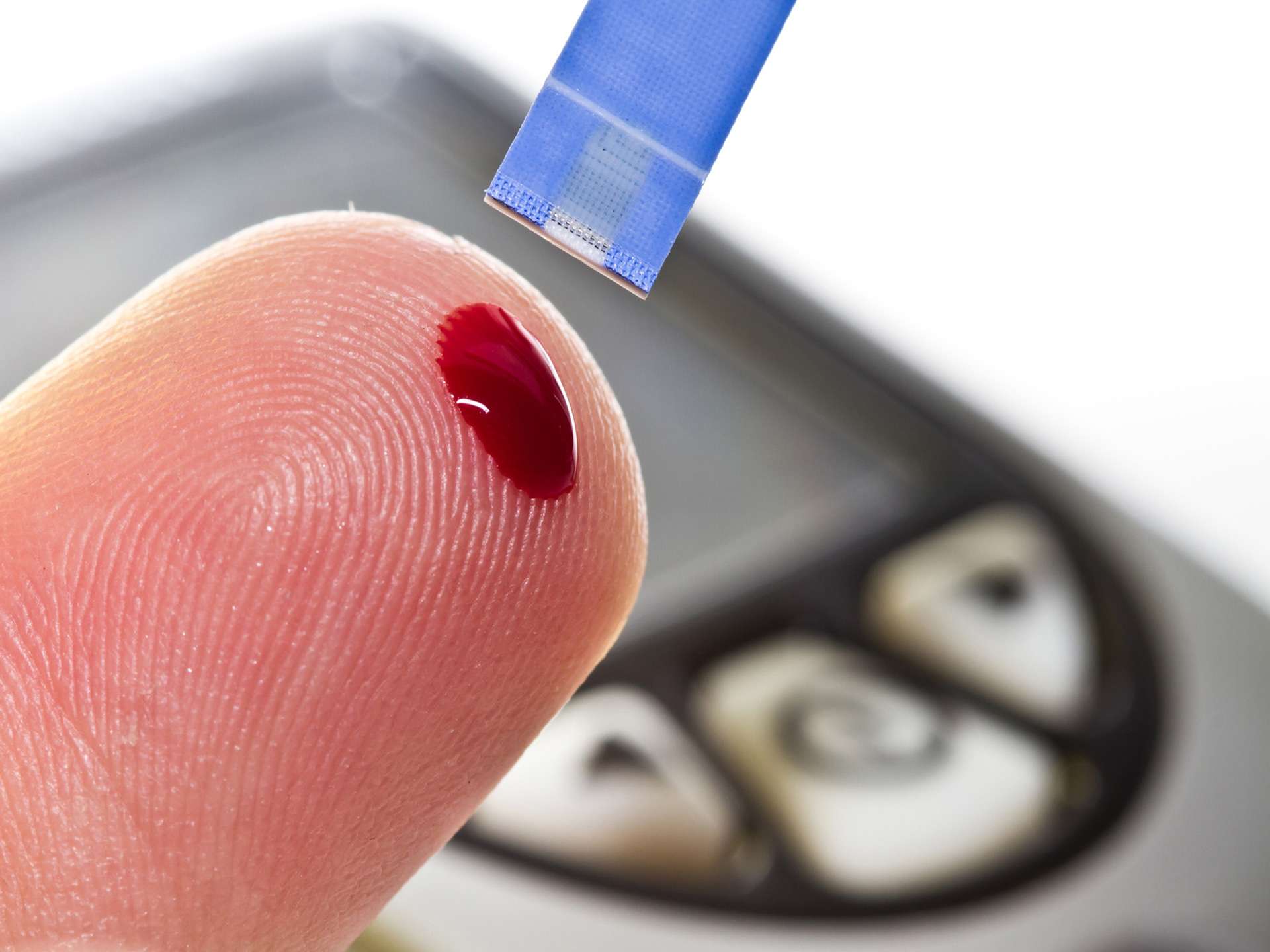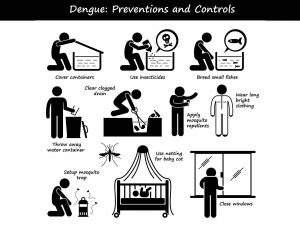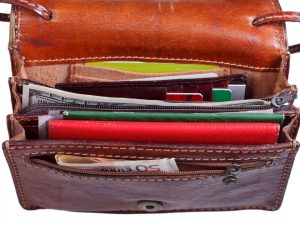10 habits that can help you lose weight
Small changes can make a big difference. Small changes and tiny adjustments to lifestyle today can help you keep those kilos forever at bay.
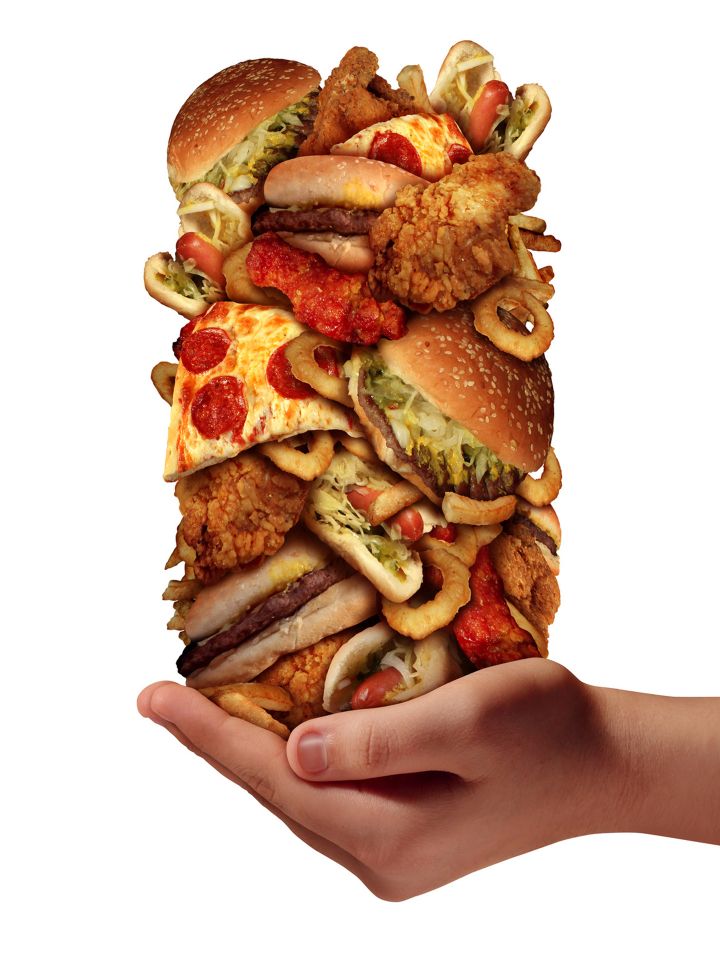
Weigh up eating habits
Analyse your eating habits. List down the habits like eating late night, munching while you cook, overeating for the fear of wasting food, and finishing the kids' meals. Do you identify them as the small behaviours, which can add up to large weight? If yes, change them today and save upto 2 kilos per year.
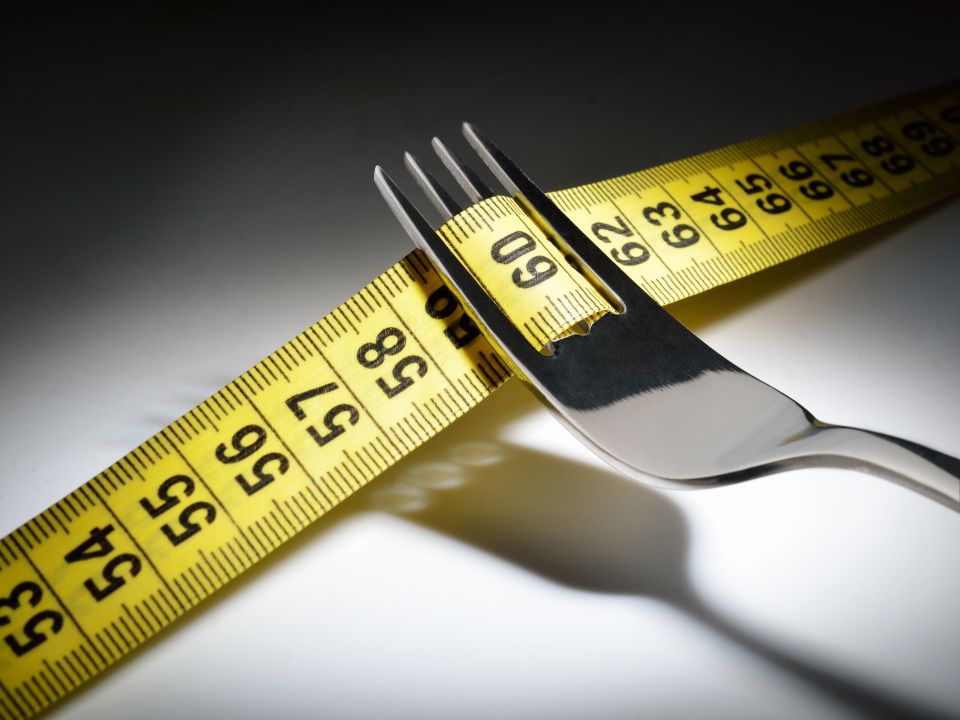
Successful plan will ensure success
A good strategy for planning meals and snacks of the day is most essential. Opt to eat healthful whenever you feel hungry. Keep some healthy snacks handy for the time of day when you are extremely hungry to hunt for anything healthy and land up eating any junk hat is handy. This way you can stick to healthy eating and chances of you straying off from your eating plan are less.

Shop and stock healthy
Avoid going to grocery store when with starving tummy. This is a perfect ‘ruin recipe’. It tempts you to buy unwanted unhealthy stuff. Prepare a list and limit yourself to the list. Avoid impulse to buy unwanted. Healthy eating starts from shopping and stocking healthy.

Be regular
As you follow a regular routine of your job, be regular with your meals too. Identify and organize number of times you feel hungry and need to eat. Space your meals accordingly and incorporate them in your routine. Do not skip your meals. Regular small and frequent meals make you feel full without going hungry or overeating and maintain your blood sugar levels and reduces impulse to binge.

Place your food on a plate and sit at one place
Eating out of packages, rolls, boxes, and wraps while standing, chatting or talking on phone makes you eat much more than you need. Sit down at one place and enjoy your meals consciously. Serve on your plate a little less than you need. Refill if you are still hungry after finishing and want to eat more.
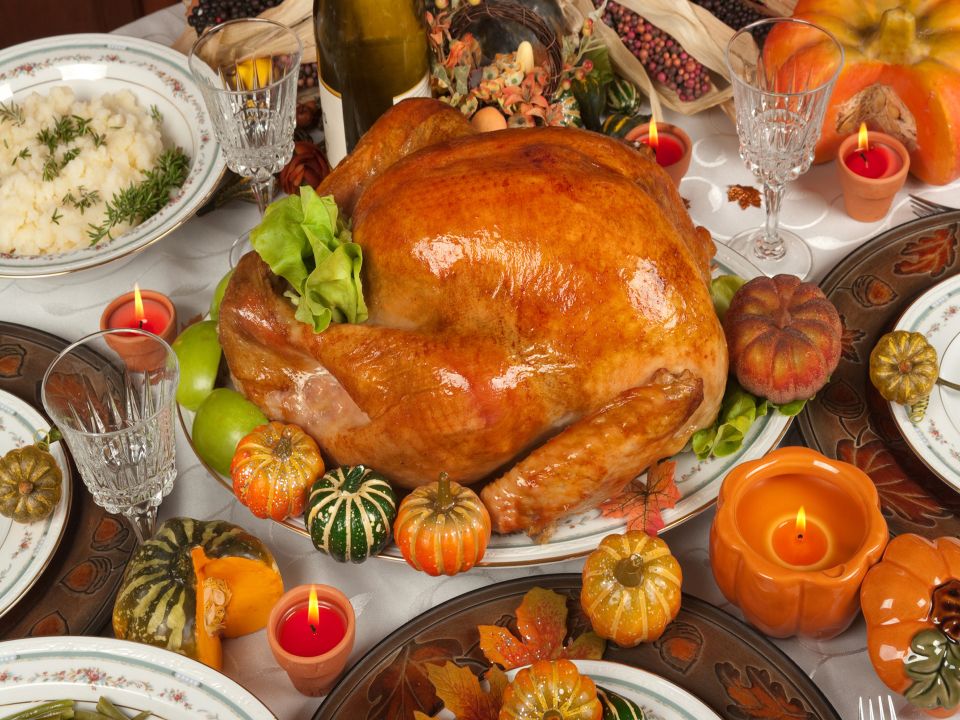
Avoid placing all the food on the table
Fill the individual plates with food and leave behind the extra food in the kitchen or on the stove. Plates and bowls full of food tempt to dig in for seconds and thirds. This will help to eat you adequately and prevent overeating. Stop once you are full and ask yourself if you need more. Get up and refill the plate if need be. This will prevent you from eating more than you need.
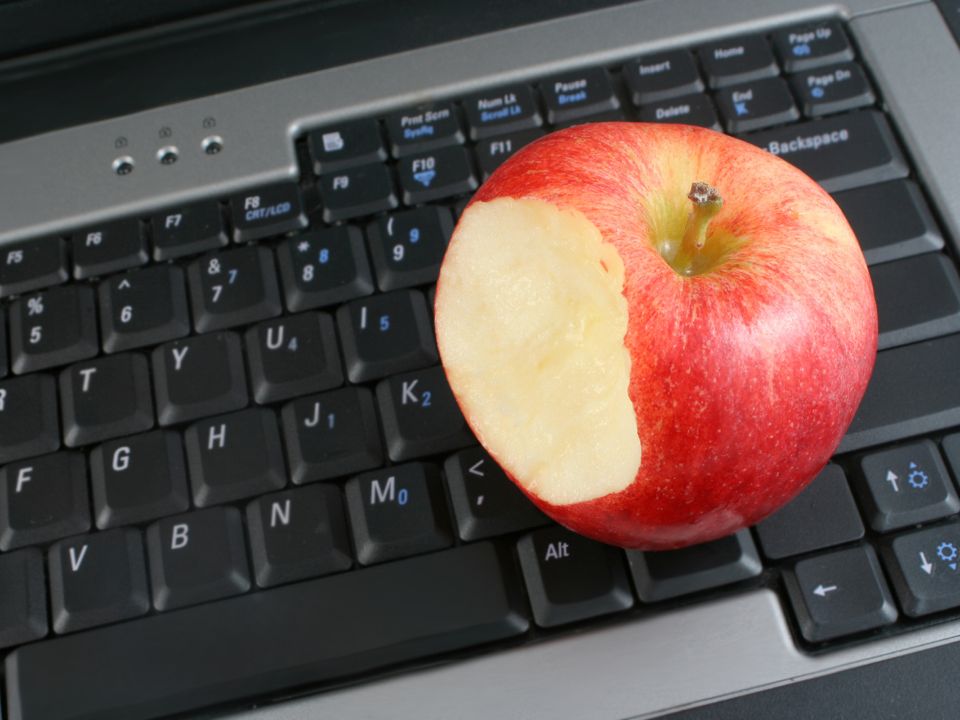
Chew your bite and relish what you eat
Eat slowly and chew every bite 32 times. Savor the food you eat and sip water with meals. Water helps to digest the food. As you eat your food slowly, you get time to feel the sensation of feeling full and thus it helps you to prevent eating even a single bite more than you need.

Avoid eating after dinner
This is the most common way of packing on pounds. Eat dinner on time and eat adequately. If you feel hungry, even after this, then choose zero-caloric drink. Brush your teeth as soon as you finish dinner. This helps to curb the temptation to eat again.

Skip a meal for a snack
If you eat a snack during day time, treat it as a meal. Do not have full meals after eating a high-calorie snack. This snack can act as a mini-meal and satisfy your calorie need. Do not forget to choose nutritious snacks rich in complex carbs, some proteins and fat.

Do not skip breakfast
Breakfast like a king. Your body is ready to relish and get nourished while it kick starts its metabolism with the first meal of the day. Your stomach is empty and needs to re-energize after a prolonged night’s, sleep to carry out its daily chores.
